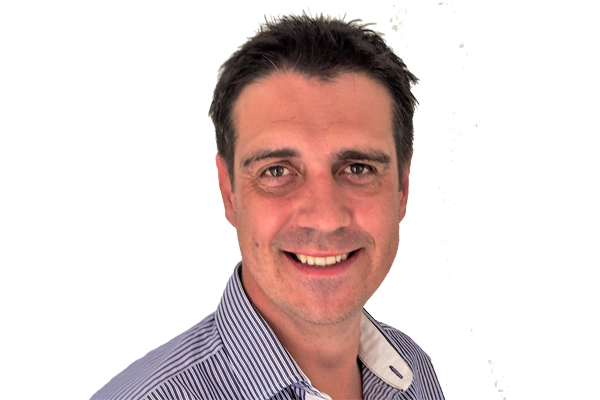Education, the best investment for the future

Andrew Ockenden
What you need to know:
- It is necessary that the government, donors, businesses, and individuals all work together to achieve common goals in education.
On July 28 and 29 the UK and Kenya will co-host a Global Education Summit (GES) in London. Ahead of that I’d like to reflect on the importance of education to Uganda’s development.
The UK and other partners have been urging the government of Uganda to increase domestic financing to ensure Uganda has the skilled workforce it needs to prosper. I am delighted that President Museveni has recently made that commitment, by endorsing a Call to Action from President Uhuru Kenyatta ahead of the GES to progressively work towards allocating 20 per cent of the national budget to education over the next five years.
With over half of its population under the age of 18, Uganda has one of the youngest populations in the world and this number is growing. With 25 million young people in Uganda at present, this number will rise to almost 40 million by 2050.
Imagine the potential of 40 million young people. This generation could power the country’s prosperity and bring the country to middle income status – but only if these young people have access to the opportunities they need to fulfil their potential.
This requires investment in children and youth now. Specifically, transforming health and education systems and empowering women and girls to participate fully in employment.
Unfortunately, at the moment this is not happening. Whilst great strides have been made on access to primary education, less than four in 10 children make it to P7, 85 per cent of lower primary children cannot read a simple text and just one in four girls are in secondary school. Life expectancy has risen, yet health coverage is just 44 per cent. GDP is growing, but the number of young people not in employment, education, or training has doubled.
The World Bank estimates that due to these gaps, a child born in Uganda today will be only 38 per cent as productive when he or she grows up as he or she would have if he or she had enjoyed a complete education and full health coverage.
Funding to the education sector remains the single most important blocker to improving educational outcomes. Uganda falls behind regional counterparts in its allocations to education, both as a share of GDP and as government expenditure overall. The trend is clear: while the average sub-Saharan African share of public expenditure on education increased to 16.1 per cent in 2017, Uganda’s declined – from 14 per cent in 2011 to 8.1 per cent in 2021. To make up for this public shortfall, households contribute more than half (57 per cent) of total funds spent on education in Uganda both in private and public schools. This is high even for international standards.
The Global Education Summit this month has two aims: One to replenish the Global Partnership for Education (GPE) – with a fundraising target of $5b – so that the GPE can provide critical system transformative funding in the world’s most vulnerable countries and support education systems to enable more children to learn. This will give 175 million more children the chance to learn. That is not only the lives of tens of millions of individuals improved. That is also millions of communities transformed for the better. And secondly to secure the same political commitment that Uganda has made to the Call to Action from all heads of states, which includes working towards allocating 20 per cent of the national budget to education.
Heads of States will also endorse ambitious UK targets to get 40 million more girls in school globally, one-third more reading by age 10, and more girls in catch up classes following the Covid-19 pandemic.
Uganda intends to apply for a GPE grant this year and is eligible to receive around $200 million, providing it meets the criteria which includes adequate domestic financing to education.
As the population grows, the scale of the challenge will rise. It is, therefore, necessary that the government, donors, businesses, and individuals all work together to achieve common goals in education. I am confident that we can rise to this moment and ensure that Uganda reaps its demographic dividend – securing a more prosperous future for all its people. I am raising my hand for education.
The author, Andrew Ockenden is the Development Director at the British High Commission Kampala.




